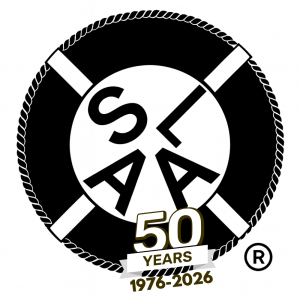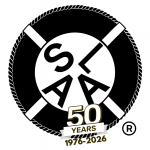The Question:
During meetings, has any S.L.A.A. group accepted the presence of a non-addict American Sign Language (ASL) interpreter to facilitate the meeting participation of one or more deaf S.L.A.A. addicts? Restated another way, has any S.L.A.A. group accepted the presence of a non-addict translator to facilitate the participation of one or more non-English speaking addicts attending their meetings?
Response #1:
Tradition 5 provides guidance in addressing this question. It states that our purpose is to carry the message to the addict. To reach those who cannot hear, using a translator or interpreter is crucial to carrying out that purpose. I believe that this should override any other concerns.
While I have not personally experienced this, if it were to come up at my home group or Intergroup, I would strongly support allowing the translator or interpreter to be there.
Response #2:
I have not experienced an ASL interpreter in any S.L.A.A. meeting, although I experienced it in meetings of Alcoholics Anonymous (AA). In AA, we try to find a recovering alcoholic interpreter, but if we cannot, we proceed nevertheless, making sure attendees understand it is an “open” meeting. Open meetings are meetings that anyone can attend, whether they are alcoholic or not. Open meetings are more common in AA than in S.L.A.A., so the issue seems to be less of a concern in AA.
I do believe making a meeting available to someone with disabilities is more important than keeping the meeting closed.
Response #3:
I have not seen it happen in any of the 12-Step meetings I attend, but I believe it falls under the spirit of Tradition 8 wherein “we may employ special workers.” It’s important for all the members attending a meeting to know that a non-member is there so they could choose to not attend. It is also important that the interpreter understand our concern about anonymity.


